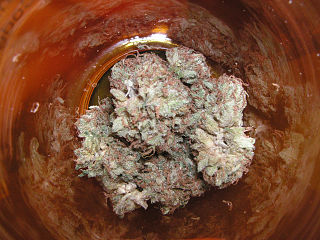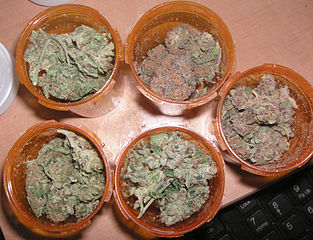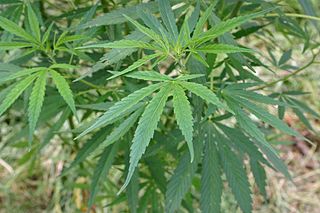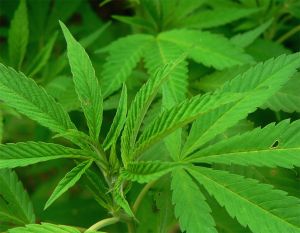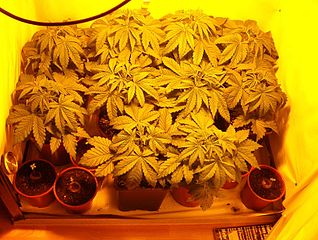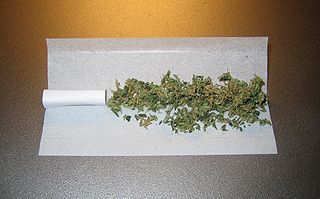Marijuana Patients Address Dispensary Myths
Marijuana dispensaries don’t drive up local crime rates.
They don’t result in abuse of harsher drugs. 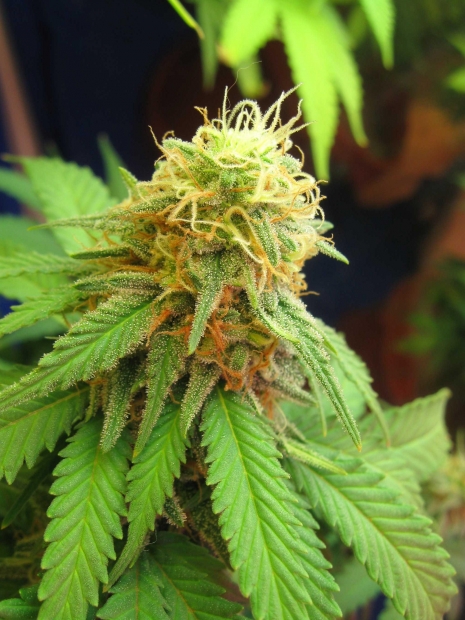
They don’t provide the drug to everyone who walks in the door.
Los Angeles medical marijuana attorneys understand that patients in Bakersfield are becoming more vocal about some of these myths, after a number of concerns were raised by nearby residents of newly-opened dispensaries there.
While Los Angeles patients are grappling with concerns of their own – namely, concerns about whether their providers will be able to remain open beyond the March 5 referendum – other communities are wrestling with what it means to have a dispensary in your neighborhood.
This is, of course, more than 15 years after the passage of the Compassionate Care Act of 1996, which resulted in the allowance of marijuana cultivation, distribution and use by those who received a doctor’s prescription.
The problem was that California, being the first state to enact such a measure (there are several more now), didn’t have any blueprint for how such a measure should be regulated. The result was a patchwork of regulations among varying communities. This lack of uniformity, has resulted in the proliferation of these shops in some areas, and even advocates have supported the implementation of tighter controls.
However, we already know that marijuana dispensaries does not result in higher crime.
This became a central issue recently in Bakersfield when a number of residents complained about hypodermic needles littering the alleyway near a few of the dispensaries.
Of course, as anyone knows, marijuana is not delivered to the body intravenously. It’s either smoked or consumed by mouth.
Patients pointed out that similar scenes have been noted in neighborhood where there was no dispensary for miles. Dispensaries don’t create addiction, as marijuana is not addictive in the first place.
Patients also decried statements that the dispensaries had led to numerous people milling about the storefront. Many of them, they contend, simply want to get their medication and get out. Numerous patients aren’t even well enough to travel to the dispensaries, and therefore have their caregivers pick up their medication.
Many patients have expressed an interest in being able to go to a regular pharmacy to purchase their medication. But this is impossible right now for two reasons:
1. Marijuana cultivation requires time and skill, and its not a trade in which pharmacists are trained.
2. It’s still deemed illegal under federal law, and pharmacies, which are governed by stricter standards, don’t want to take the risk.
News teams verified that despite local concerns regarding an uptick in crime, statistical crime data doesn’t actually support that. There haven’t been an increase in robberies, burglaries, harassment or other reported crimes in areas where marijuana dispensaries exist – either in Bakersfield or elsewhere in California.
In fact, Los Angeles has actually seen DECREASING crime rates since the 1996 measure was enacted. Violent crimes were down almost 4 percent, robberies by 5 percent, aggravated assaults by nearly 9 percent, property crimes by almost 1 percent, burglary by 1 percent and vehicle thefts by 4 percent.
Continue reading
 Cannabis Law Group's Medical Marijuana Legal Blog
Cannabis Law Group's Medical Marijuana Legal Blog







